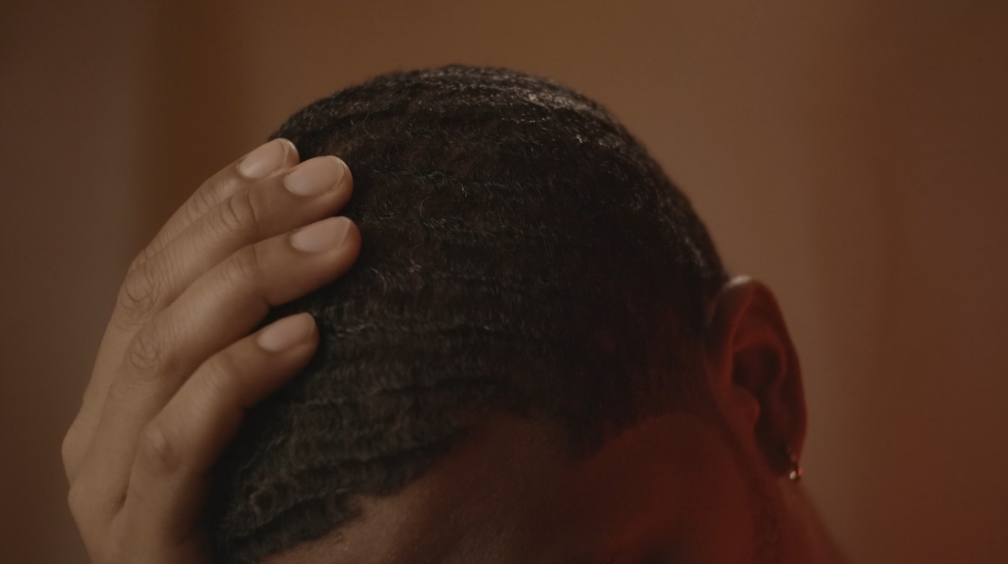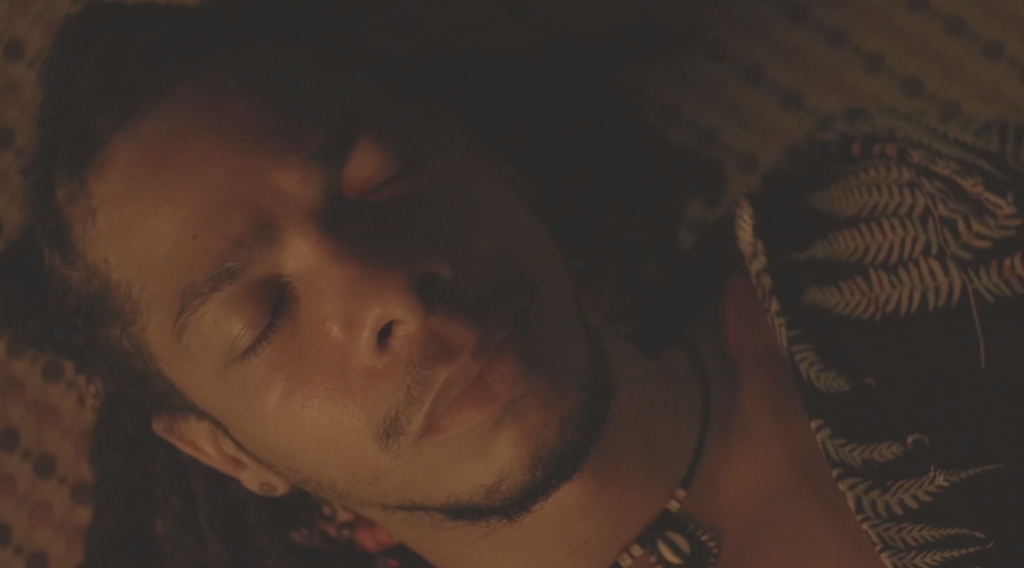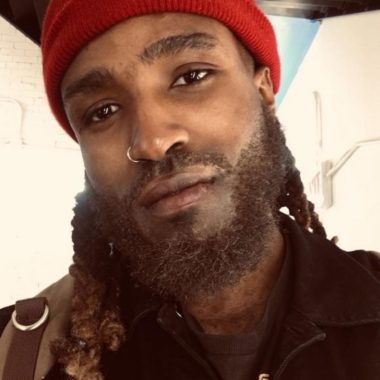On the heels of releasing my first documentary feature Black Masc, I knew I had to talk to someone who understood Black Masculinity from experience but knew what it meant to be an entrepreneur. I had the pleasure of speaking with Jordan Green, owner of Exit18 Creative Agency. My interview with with Jordan Green below
Jordan Green: Hey Roderick
Roderick Thomas: Hey Jordan, this is weird I’m usually the one doing the interviewing [laughs]
JG: Let’s get started. Where are you from?
Roderick Thomas: I’m from South Florida.
JG: What got you into filmmaking?
Roderick Thomas: I’ve been running around with a camera since I was a child. I’ve always known that film was a medium for me.
JG: What inspired you to become a filmmaker?
Roderick Thomas: Other films. I’d watch Crouching Tiger, or Crash and think, I want to make that, I can do that.
JG: What Sparked your interest in creating a documentary about Black masculinity?
Roderick Thomas: It was 2017, I think Eric Garner’s murder was resurfacing, and I wanted to find something about Black men’s experiences with masculinity and I struggled to find long form content. So that started the journey.
JG: How would you describe Black Masc?
Roderick Thomas; I would say that Black Masc is a collection of stories and visuals that explore Black men’s experiences with masculinity. What it means to be a father, to be in love, to be hurt, to be a man.
JG: Is Black masculinity more scrutinized because of social media?
Roderick Thomas: I don’t know if I would say Black masculinity is more scrutinized. However, I think social media has given it more of a spotlight in recent years.
JG: Are there distinctions in how masculinity is performed by Black men of different cultures?
Roderick Thomas: I think that there are distinctions for sure. However, I found more similarities than anything while making the documentary.
JG: With mental health being more accepted today, how do you think Black men are dealing with their mental health?
Roderick Thomas: I think it depends. Everyone deals with things differently. I will say that I have noticed more willingness to talk about therapy as a real option for mental health, rather than being distracted.
JG: What do you hope Black men get from the film?
Roderick Thomas: I hope Black men feel represented, and feel more connected to each other after watching
JG: You used African spirituality and folklore in the film. Why did you feel the need to include that?
Roderick Thomas: I think African spirituality tends to be untainted in many ways. So I wanted to include original concepts that had nothing to do with colonialism or slavery.
JG: You used original music in this film, how did the score come about?
Roderick Thomas: I collaborated with a talented composer Ja’Juan Wilder (1da). I had some input but I really trusted his ear and his ability to help guide the story through music.
JG: What was your favorite scene to shoot?
Roderick Thomas: I don’t know, that’s tough. I can’t pick a favorite but I would say right now, the Black horseback riders, that was amazing. We shot that on Coretta Scott king’s birthday, I felt like it was a sign from God [laughs].
JG: Ok, who are some of your favorite filmmakers right now?
Roderick Thomas: Jordan Peele is incredible and I love James Laxton’s cinematography. Those two come to mind, but there are so many that I admire.
JG: What’s your favorite film?
Roderick Thomas: Lord of the Rings
JG: Didn’t expect that. Which one?
Roderick Thomas: Ooh, if I had to pick, The Fellowship of the Rings, but they’re all amazing. I’m watching the series too!
JG: Do you think we see too many films of one type of Black man? A man from the hood, or slave narratives?
Roderick Thomas: I think we should tell as many stories as possible. I think our stories are becoming more diverse. I’m not interested in telling stories about suburban Black kids just for the heck of it or Black people from anywhere as a cliché. I’m interested in telling good stories, period.
JG: Describe Black masculinity.
Roderick Thomas: The experience of Black men in relation to the concepts of masculinity.
JG: What’s next for Black Masc?
Roderick thomas: Festivals and screenings. I have my first private screening on March 19th. I’m excited!
JG: Where can we check it out?
Roderick Thomas: At the Stuart Cinema and Cafe in Brooklyn. It’s one of the few Black owned theaters too, so it’s fitting for a viewing. Love how that happened.
JG: Last question. What do you want people to leave with after seeing your film?
Roderick Thomas: Empathy, empathy, empathy. I want them to feel more empathy for each other
JG: Roderick, it’s been a pleasure. Thanks for letting me interview you, and congratulations.
Roderick Thomas: Jordan, I appreciate you.
To stay up to date on Black Masc visit the film’s website, here.











